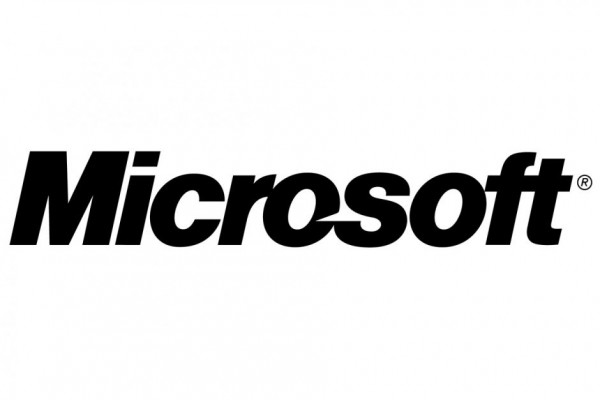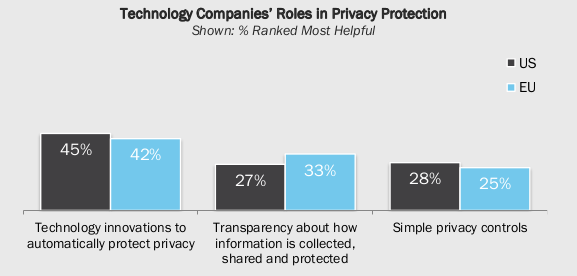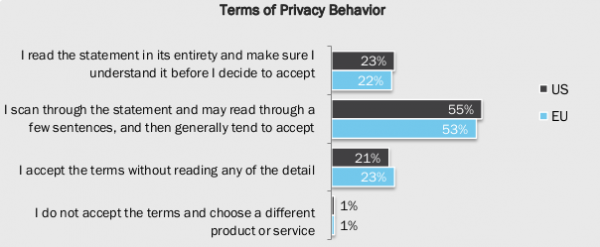Individuals should be responsible for their online privacy, not governments, says survey
Privacy & Security Posted on January 28, 2014

Microsoft has released a new global privacy survey to coincide with International Data Privacy Day (which takes place today in case you didn’t know). The findings reveal a somewhat confused attitude toward online privacy across both Europe and the US, with respondents claiming to care about online privacy, but at the same time failing to take simple actions, such as reading a company’s privacy policy.
You can check out the full report here. Perhaps the biggest finding is that 40% of all Europeans and 46% of all Americans believe that responsibility for consumers’ online privacy rests with the individual. Only 30% of Europeans and 31% of Americans think companies are responsible for their customers’ privacy. When it comes to governments, Europeans see a greater role required, with 30% believing states are responsible for protecting privacy compared to 23% in the US.
As you can see from the chart below, a majority of respondents in both Europe and the US believe that companies should implement technological solutions to protect privacy, rather than offer more transparency or give users more privacy controls. This is a worrying attitude because while it makes life more simple for the consumer, it also places a great deal of trust in companies such as Google and Facebook to ensure its systems really are protecting privacy – as we all know such companies are not deserving of this trust.

Even more disconcerting is the chart below, which shows a majority of respondents (taken from a group Microsoft defines as “tech elites”) do not read the privacy policies of services they sign-up to online. Only 23% of actually read the statements before ticking the box. It’s easy to blame foolish and ignorant consumers for this behaviour. But I reckon there’s very few people who have read every privacy policy they’ve come across. Surely this is a wake-up call for regulators, and any privacy-concerned companies, to implement more digestable and easy-to-read policies. Some companies get this right, but many policies are plagued by legalise and are too dense for the average consumer to read through.

For its part Microsoft says the survey results confirm its belief privacy will be achieved through collaboration with the global community.
“Baseline privacy legislation, industry self-regulation, user education and technology tools need to come together, which is driving a lot of what Microsoft does,” said chief privacy officer Brendon Lynch.
Microsoft also said consumers’ preference for privacy through technology is in-line with its recent decision to implement tracking protection lists for Internet Explorer. However, judging by the results of the survey, it doesn’t seem like much is going to change. When asked “what activities are you willing to trade privacy for ease of use” nearly 50% of US respondents said “shopping,” while almost 40% said gaming, social networking and banking. It’s clear there’s a long way to go before people’s expectations of privacy match-up with their actual online behaviour and attitudes.
Suggest an edit on GitHub.

